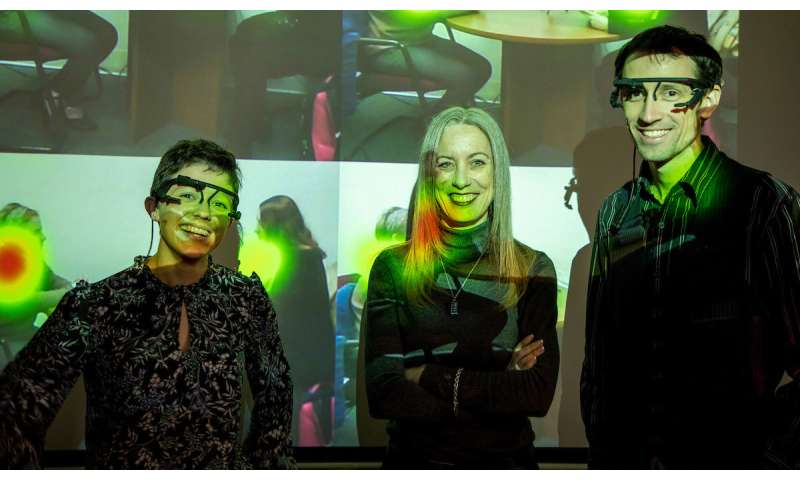#Researchers say job candidates are rated lower in virtual interviews
“#Researchers say job candidates are rated lower in virtual interviews”

New research provides some of the first solid evidence that people who watch a virtual job interview rate the candidate substantially lower than those who watch the same interview in person.
Researchers at Missouri S&T published a study with their findings in the International Journal of Human-Computer Interaction called, “Just Sit Back and Watch: Large Disparities between Video and Face-to-face Interview Observers in Applicant Ratings.”
According to CNBC, the COVID-19 pandemic has caused as many as 8 out of 10 recruiters to turn to videoconferencing to screen and interview job candidates. This conveys a shift in hiring practices that may continue long after the pandemic’s impact wears off.
With this trend, employers and job applicants may wonder how interviews conducted through Zoom, or other video-mediated communication (VMC) platforms, hold up when compared to face-to-face sessions, says Dr. Denise Baker, who worked on the project with Dr. Devin Burns and Dr. Clair Kueny, all assistant professors of psychological science at Missouri S&T.
To address a gap in scientific literature on the impact of passive observation of real-time, video-based interviews versus passive face-to-face observation, the researchers created an experiment using a three-person interview paradigm. One member of the hiring committee asked the candidate questions in person, one member observed the interview in person without asking questions, and one member observed the interview through a video-mediated platform without asking questions.
The researchers analyzed 21 job interviews involving 84 participants. They measured the participants’ observations in three primary areas: impressions of the job applicants, such as likability, competence and hireability; perception of “agency” of the applicants, or the degree to which they were capable of emotion, planning and communication; and how much attention the participants paid to the applicants.
The results showed large differences, with video observers rating the applicant substantially worse across all measures. Differences could even be seen in the adjectives participants used to describe the applicant. Face-to-face passive participants chose words like “experienced” and “intelligent,” to describe the applicant, while VMC passive participants used “unprepared” and “unenthusiastic.”
“To avoid being unfairly biased in favor of in-person applicants, we recommend that all applicants are interviewed in the same manner,” says Kueny. “These days, that will probably mean all interviews through video conference.
“Our finding also has relevance for higher education where courses are offered as distance classes. The distance students may form more negative impressions of the instructor than the in-class students, for no other reason than the medium of communication.”
For students and others who are virtually interviewing for jobs, the researchers suggest that applicants make an effort to address all online observers participating the interviews to make more of a real-life connection with them and gain their attention.
“We’re not saying that Zoom interviews are bad,” says Burns. “What we’re saying is that you can’t fairly compare them with face-to-face sessions, and employers need to keep things standardized.”
The team plans to continue their research on virtual interviews by investigating other factors.
“In future work, our team will look at how applicant ratings are influenced by additional variables like gender and interview quality,” says Baker. “Participants will wear mobile eye-tracking glasses to examine whether the visual cues people pay attention to differ between video-mediated and face-to-face observation.”
More information:
D. A. Baker et al. Just Sit Back and Watch: Large Disparities between Video and Face-to-face Interview Observers in Applicant Ratings, International Journal of Human–Computer Interaction (2020). DOI: 10.1080/10447318.2020.1805874
Researchers say job candidates are rated lower in virtual interviews (2020, September 4)
retrieved 4 September 2020
from https://phys.org/news/2020-09-job-candidates-virtual.html
This document is subject to copyright. Apart from any fair dealing for the purpose of private study or research, no
part may be reproduced without the written permission. The content is provided for information purposes only.
If you want to read more Like this articles, you can visit our Science category.
if you want to watch Movies or Tv Shows go to Dizi.BuradaBiliyorum.Com for forums sites go to Forum.BuradaBiliyorum.Com



